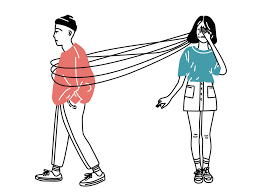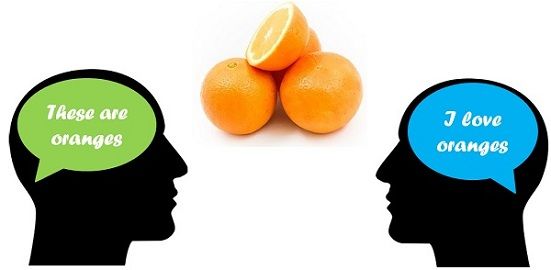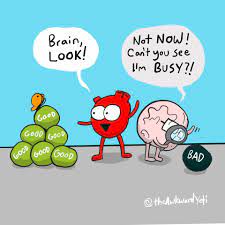
If you have a Mental Health Treatment Plan (MHTP) from your GP, you can see either a Psychologist or a Mental Health Social Worker (MHSW). We have both types of practitioners at North Brisbane Psychologists. So what’s the difference? Both psychologists and MHSWs in Australia are qualified to support people going through mental health challenges, emotional distress, or difficult […]
Read more...













